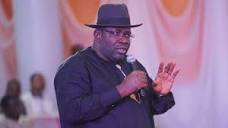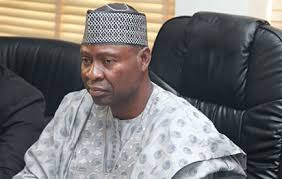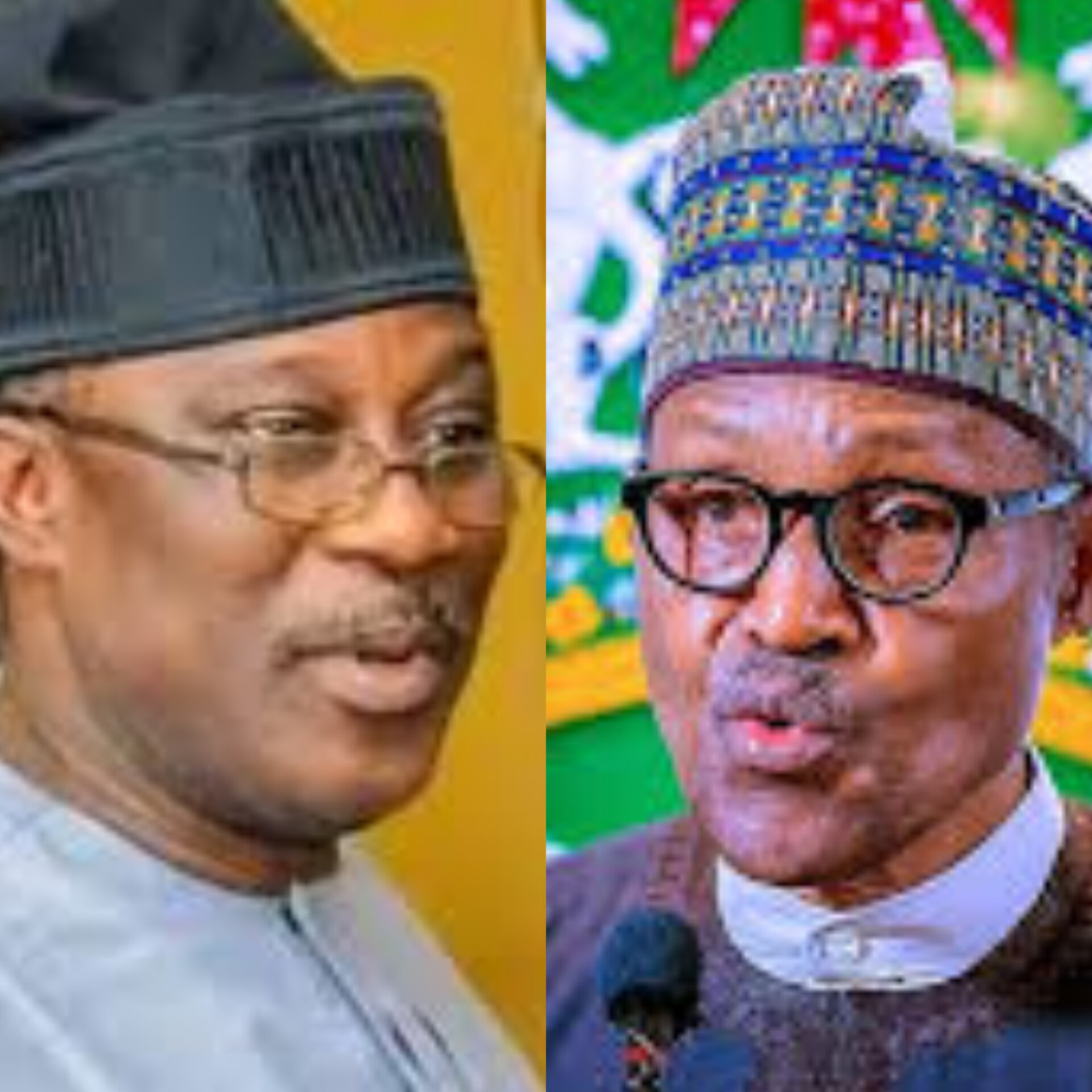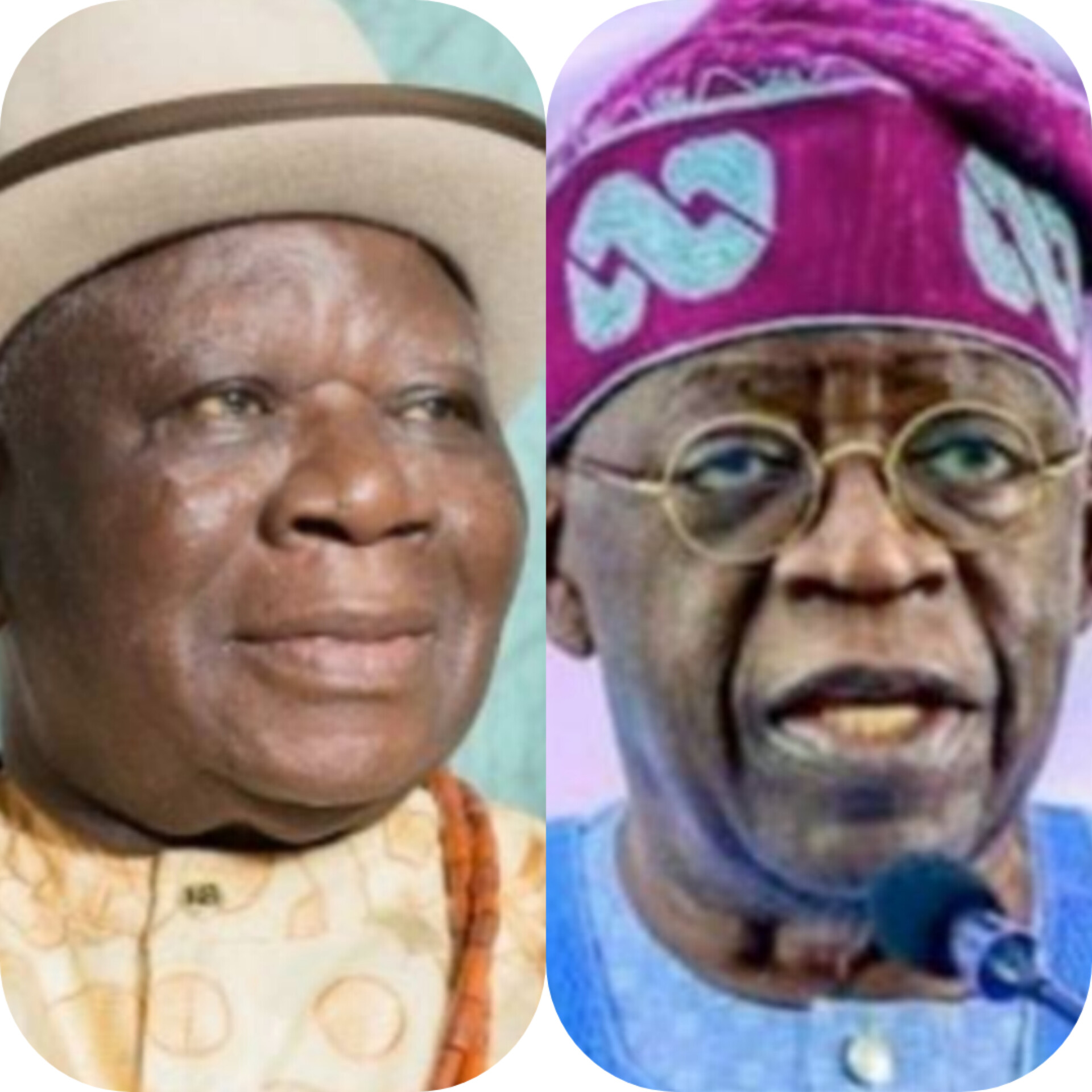***CBN convinces Senate Panel on N100, 000 Cash Withdrawal
The former governor of Bayelsa State Seriaki Dickson has kicked against the new cash withdrawal policy as he
accused the ruling All Progressives Congress (APC) of having a hidden agenda behind it
Controversies have continued to trail the planned policy of the Central Bank of Nigeria (CBN) to limited cash withdrawal for individuals to N100,000 and Corporate Bodies N500, 000 per week
He spoke with newsmen after the screening of the Deputy Governor of CBN on Financial System Stability,
Mrs Aishat Ahmad and her counterpart on Corporate Services, Edward Lametek Adamu, for re-appointments by the Senate Committee on Banking, Insurance and other Financial Institutions.
Dickson wondered why the ruling party was not concerned about the success of the forthcoming 2023 election
He said ordinarily they should have allowed the incoming Government to carry out the new policies if they don’t have any hidden agenda
This was just as the Central Bank of Nigeria made effort to convince the Senate Committee on Banking, Insurance and other Financial Institutions on why the policy has come to stay

The policy as disclosed by the Deputy Governor of CBN on Financial System Stability, Mrs Aishat Ahmad was introduced in 2012 during former President Good luck Jonathan ‘s administration and extended to Abuja and six other states in 2013 .
She said cashless policy being fully implemented by CBN now is not new , as required steps in that direction, was taken in 2012 with Lagos State as pilot scheme and Abuja and Six other states in 2013 .
She explained that though full implementation of the policy has not been carried out by CBN since then , but its introduction then, has brought a lot of transformation in the banking and payment system .
“Distinguished Chairman of this committee and members , I ‘m happy for the opportunity given to make presentations on planned N100,000 withdraw limit for individuals and N500, 000 for Corporate Bodies per week, beginning from 9th January, 2023, in line with cashless policy introduced in 2012 .
“Based on information available to CBN, the time for full implementation of the policy with proposed limit on cash withdrawals per week is now .
“Required infrastructure for its implementation in terms of financial access point system , mobile money , e – naira etc , are available across the 774 local government councils in the country .
“All fears and worries being expressed by Nigerians on the planned limited cash withdrawal policy are seriously being taken care of as nobody or section of Nigerians , will be left out .
” In the past , banking transactions in Nigeria was limited to Bank Branches alone as the only means , which has now expanded into multiple electronic platforms as well as geometrical increase in the number of agents from 88,000 to 1.4million “, she said.
She however said that the Apex bank is flexible and will be ready to accommodate opinions that won’t make the policy strenuous to any category of Nigerians during implementation .
After her presentation, the Committee chaired by Senator Uba Sani (APC Kaduna Central) , gave the two nominees ‘ take a bow and go treatment ‘ as moved by the Whip of the Senate , Senator Orji Uzor Kalu and seconded by Senator Danjuma Goje .
Chairman of the Committee in his remarks said : ” With presentation made by the Deputy Governor of CBN on Financial System Stability , Aisha Ndanusa Ahmad on the planned limited cash withdrawal, required information on the merits of the policy has been given and will be communicated to the Senate in plenary through our report .
“The two Deputy Governors , having earlier been screened before serving their first tenures , need not to again as unanimously agreed by members of the Committee .
“They should therefore take a bow and go “.




